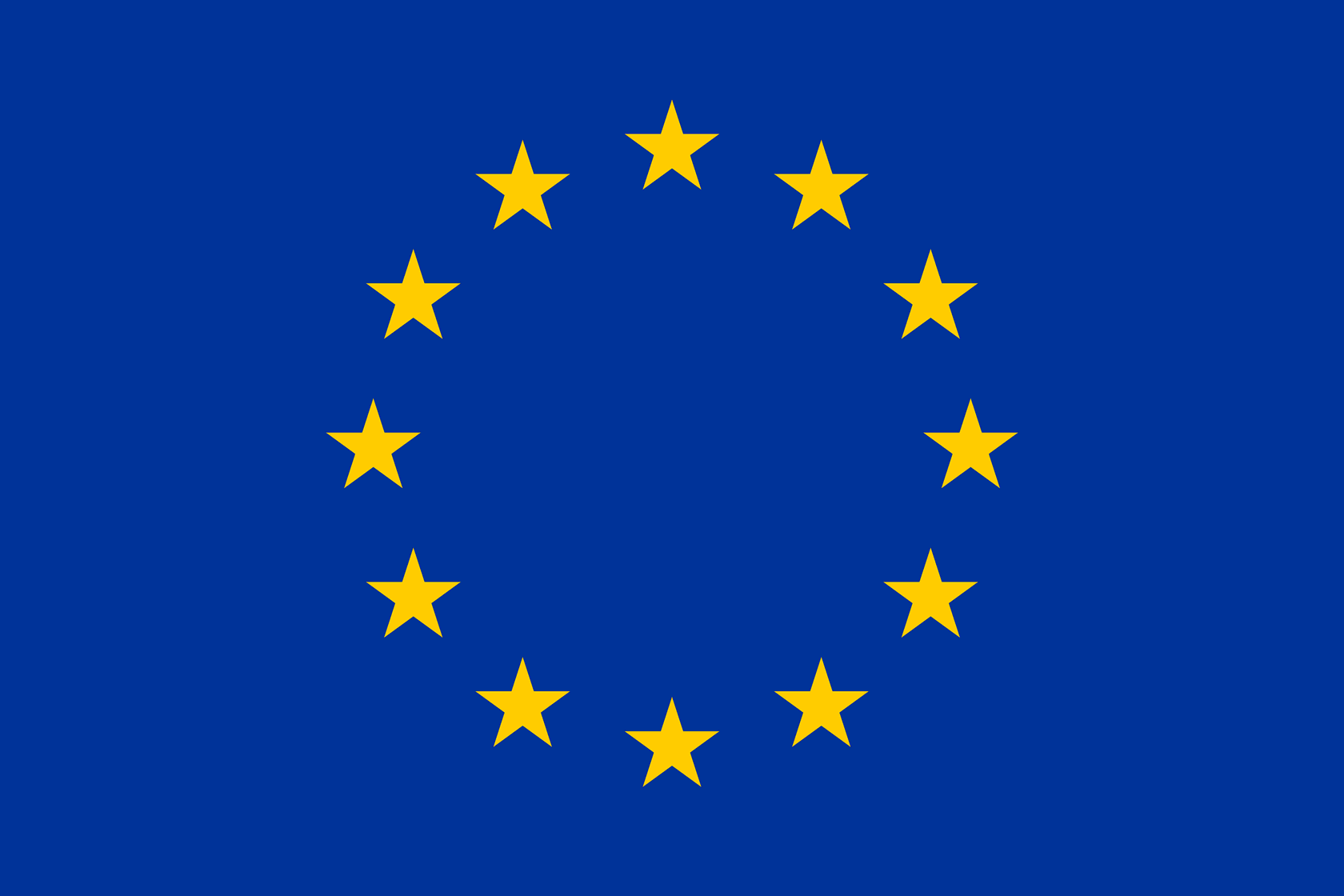Follow the commutes: the viapolitics of commuting within infrastructures of agricultural labour migration in The Netherlands and Belgium
written by Carolien Lubberhuizen
Lubberhuizen, C. (2024). Follow the commutes: the viapolitics of commuting within infrastructures of agricultural labour migration in The Netherlands and Belgium. Mobilities, 1–16. https://doi.org/10.1080/17450101.2024.2336100
Lubberhuizen, C. (2024). Follow the commutes: the viapolitics of commuting within infrastructures of agricultural labour migration in The Netherlands and Belgium. Mobilities, 1–16. https://doi.org/10.1080/17450101.2024.2336100
Abstract
Migrant mobilities and infrastructures are often studied in either urban or rural socio-spatial contexts, whereas labour migration is often studied in either labour or non-labour realms. However, a too rigid division between these contexts might obscure a crucial part of migrant workers’ everyday experiences, struggles and aspirations. To overcome these dichotomies, this paper looks at labour migration from the middle and uses migrant commuting as an entry point to grasp the variegated infrastructures, their connections, and migrants’ infrastructuring practices and experiences. It deploys the notion of viapolitics to understand commuting infrastructures not as neutral elements but as relations of materiality, sociality and power. The analysis draws on ethnographic fieldwork in two agricultural regions in the Netherlands and Belgium. Following three commutes across long and short distances, with different vehicles, and along variegated routes, the analysis disentangles how these material, spatial and social ingredients produce different articulations of viapolitics as part of the broader infrastructure of agricultural labour migration. The article argues that the different ways migrant workers commute not only reveal a wide array of formal and informal, material and social infrastructures, but also gives insights into different dimensions of migrant workers’ navigations of labour and migration regimes.



